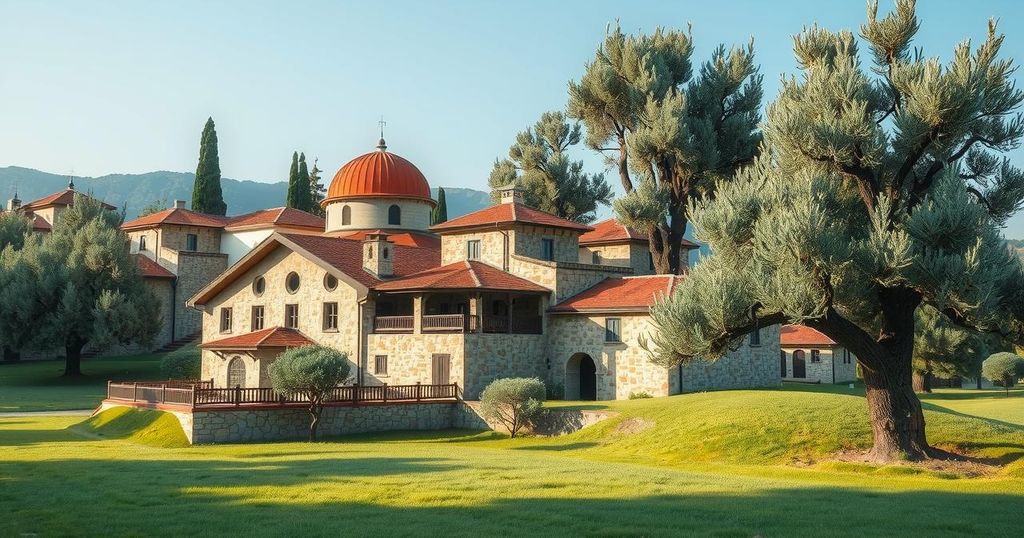Russia-Ukraine Peace Talks Move Forward in Turkey Amid Challenges
Peace talks between Russia and Ukraine face obstacles, led by an American delegation in Turkey. President Trump proposed a ceasefire that was accepted but ultimately failed. Direct talks between Putin and Zelenskyy remain uncertain, while the Vatican offers mediation support. Trump continues his Middle East trip, leaving next steps unclear.
Efforts to revive peace talks between Russia and Ukraine are reportedly facing significant hurdles, particularly as an American delegation spearheads negotiations in Turkey. Key figures in this delegation include Secretary of State Marco Rubio and Special Envoy Steve Witkoff, who are attempting to pave the way for direct discussions between the two countries.
Plans for discussions involving the leaders of both nations initially revolved around the possibility of having President Donald Trump participate. However, these discussions have noticeably scaled back due to various complications. Trump had proposed a 30-day ceasefire earlier this year, a plan that Ukraine had tentatively accepted, but it ultimately failed to materialize.
In a recent development, European allies visited Ukraine over the weekend to rekindle discussions surrounding a ceasefire. In contrast, Russian President Vladimir Putin suggested that direct talks could be held in Turkey, prompting Ukrainian President Volodymyr Zelenskyy to invite Putin for a face-to-face meeting. Nonetheless, Trump indicated that he is willing to attend these talks, contingent upon Putin’s commitment, which remains uncertain at this time.
Rubio emphasized the U.S. administration’s dedicated goal of achieving a resolution to the conflict: “The president of the United States has been abundantly clear he wants the war to end. He’s open to virtually any mechanism that gets us to a just, enduring and lasting peace.”
While these U.S.-led negotiations continue, Trump is maintaining his scheduled trip to the Middle East, with a visit to the United Arab Emirates. He noted he could travel to Turkey on Friday “if something happened” or “if it was appropriate.”
As U.S. efforts proceed, there are heightened concerns regarding Putin’s actual willingness to bring the conflict to a close. Interestingly, Pope Leo XIV has also stepped into the fray, offering the Vatican’s support to assist in negotiations, following the legacy of his predecessor, Pope Francis.
In a statement released Wednesday, Pope Leo remarked, “The Holy See is always ready to help bring enemies together, face-to-face, to talk to one another… So that peoples everywhere may once more find hope and recover the dignity they deserve, the dignity of peace.” Zelenskyy has expressed his gratitude for this offer and is expected to meet Turkey’s president during the NATO summit on Thursday.
The peace talks between Russia and Ukraine are currently experiencing notable setbacks, primarily during the ongoing negotiations in Turkey. While an American delegation spearheaded by figures like Secretary of State Marco Rubio aims to facilitate discussions, uncertainty looms as Trump’s participation hinges on Putin’s response. Moreover, the Vatican has offered mediation support, reiterating the global community’s concern for peace in the region.
Original Source: www.kcra.com




Post Comment